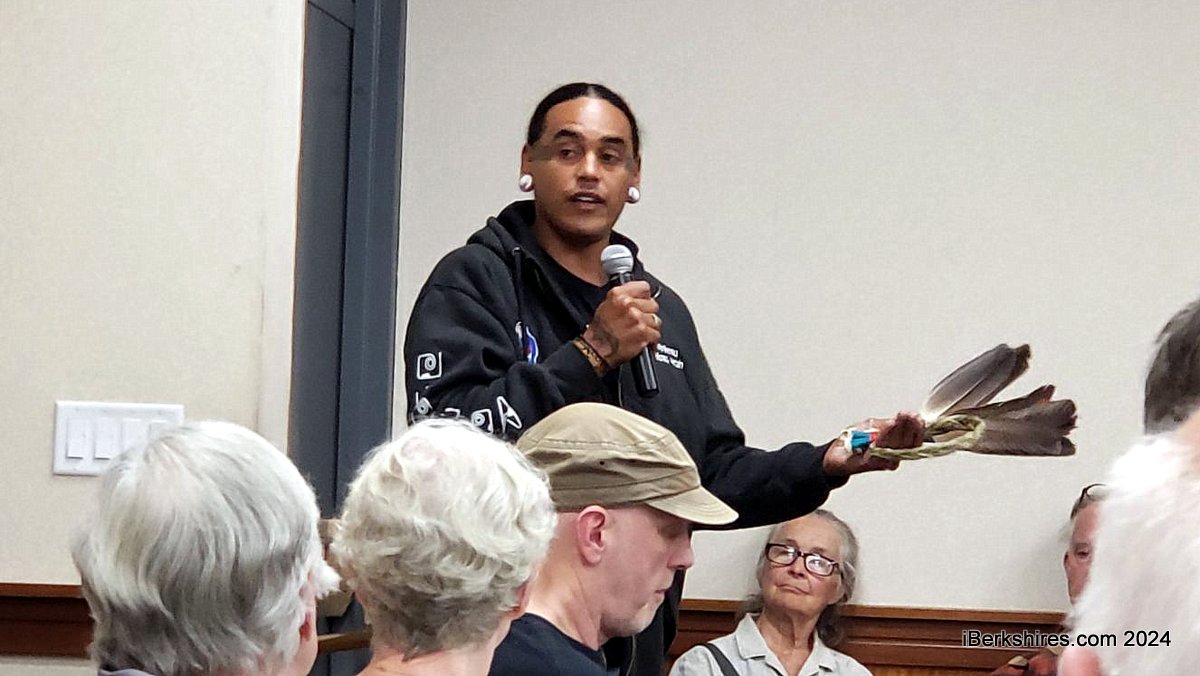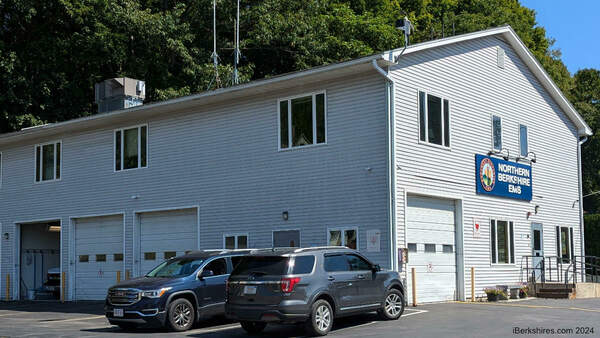
Could you cope with long-term care costs?
We all want to stay healthy and live independently throughout our retirement years. Unfortunately, that won't be possible for some of us, so it's a good idea to be prepared for health-related challenges — such as the need for long-term care.
As you may know, long-term care covers a variety of services, ranging from occasional visits from a home health aide to full-time residency in a nursing home. But while these types of care may vary in duration and intensity, they all have one thing in common — they're expensive. Genworth, an insurance company, reports these median annual costs:
-
Over $100,000 for a private room in a nursing home
-
Over $60,000 for the services of a home health aide
Furthermore, Medicare typically pays very few of these expenses, which means the burden of payment will likely fall on you — or, even worse, on your adult children if you can't afford the care you need.
Of course, you could hope that you will avoid these costs simply by not requiring any type of assistance — but the odds aren't necessarily in your favor. In fact, someone turning 65 today has an almost 70% chance of needing some type of long-term care services in their remaining years, according to the U.S. Department of Health & Human Services.
So, how can you protect yourself from the potentially enormous costs of long-term care? You could decide that you'll pay out of pocket — if so, you'll need to incorporate into your retirement budget a reasonable estimate of potential long-term care costs, and you may need to make some significant changes to your saving and investment plans. And the earlier you begin, the better.
Your other option is to purchase some form of long-term care insurance. Essentially, three types of coverage are available:
-
Traditional long-term care insurance – A traditional long-term care policy covers long-term care expenses in your home or at a nursing facility. But policies will differ in terms of what services are covered and how benefits are paid. And you may also be able to choose whether you want inflation protection. Also, with some policies, you can deduct the premiums from your state and federal taxes. (Your tax advisor can evaluate a policy you're considering for potential tax benefits.)
-
Hybrid long-term care insurance – In addition to providing coverage for home health care or a nursing home stay, a hybrid long-term care policy also offers a death benefit, so if you never need long-term care, your family could benefit from the policy's proceeds.
-
Life insurance with a long-term care rider – You can find a life insurance policy that lets you add long-term care coverage through a "rider," or optional add-on. With this type of policy, you can use some of the death benefit to pay for your long-term care needs.
Which policy is best for you? There's no one right answer for everyone. A financial professional can help you evaluate all your options within the context of your overall investment and protection strategies. But keep in mind that all long-term care policies tend to get more expensive as you get older, so if you're considering this type of coverage, you may want to get started sooner rather than later.
Edward Jones is a licensed insurance producer in all states and Washington, D.C., through Edward D. Jones & Co., L.P., and in California, New Mexico and Massachusetts through Edward Jones Insurance Agency of California, L.L.C.; Edward Jones Insurance Agency of New Mexico, L.L.C.; and Edward Jones Insurance Agency of Massachusetts, L.L.C. California Insurance License OC24309
For Arkansas (when applicable): Arkansas Insurance License Number [insert FA license number]
This article was written by Edward Jones for use by your local Edward Jones financial advisor. Courtesy of Rob Adams, 71 Main Street, North Adams, MA 01247, 413-664-9253.. Edward Jones, its employees and financial advisors cannot provide tax or legal advice. You should consult your attorney or qualified tax advisor regarding your situation. For more information, see This article was written by Edward Jones for use by your local Edward Jones financial advisor. Courtesy of Rob Adams, 71 Main Street, North Adams, MA 01247, 413-664-9253.. Edward Jones, its employees and financial advisors cannot provide tax or legal advice. You should consult your attorney or qualified tax advisor regarding your situation. For more information go to www.edwardjones.com/rob-adams.


















